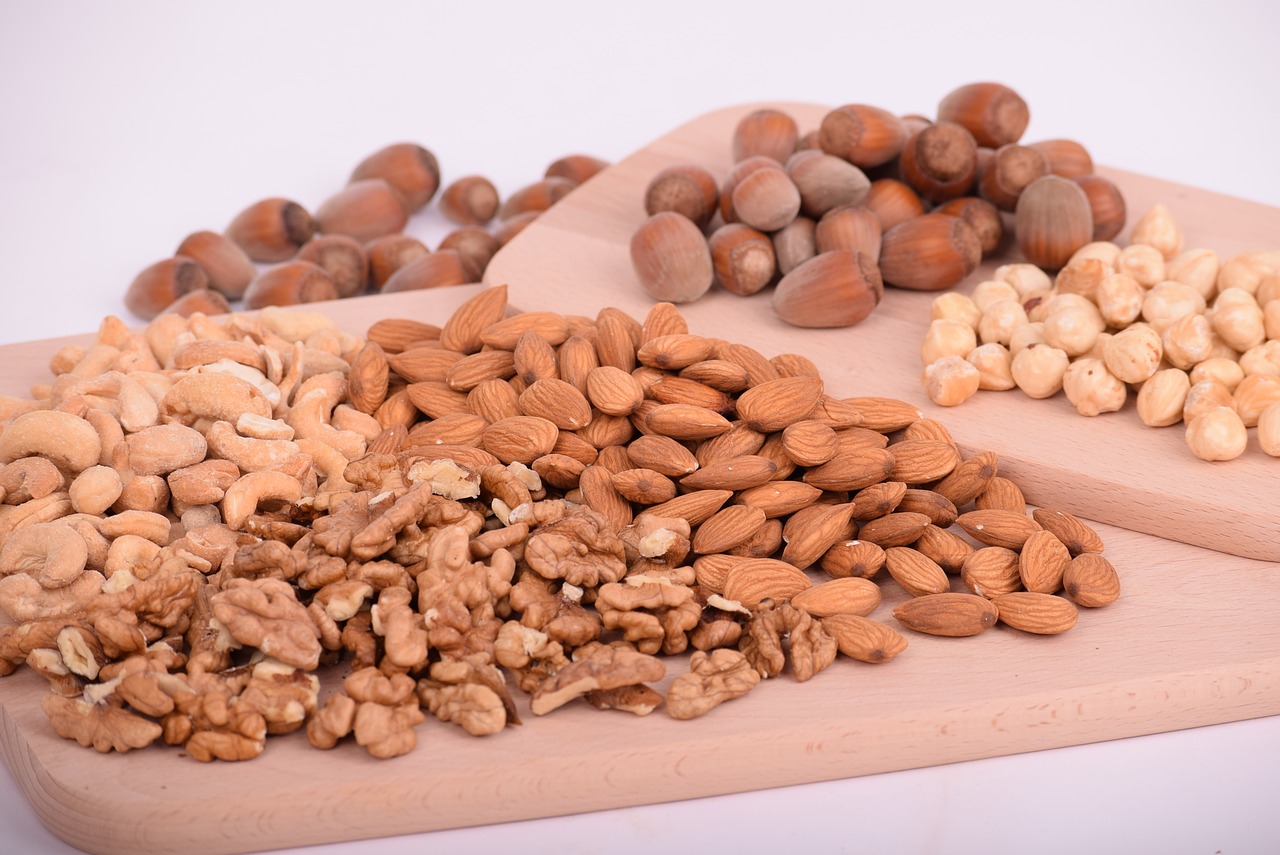
We live in an age of “wonder foods,” in which we say that certain meals possess magical properties and that consistently consuming them may cure the majority of health problems. Regrettably, this is not true.
While there are no “miracle meals” or “superfoods” capable of preventing or curing disease on their own, nutritionally dense foods such as almonds can assist.
You’ll learn how almonds can help you lower your blood pressure, increase your vitamin intake, and serve as a healthy source of fibre in your diet in this article.
Almonds are a nutritionist’s go-to snack. Let us examine the matter in greater detail below!
INHERENT PROPERTIES OF FOODS: HEALTHY VERSUS UNHEALTHY FOODS
Certain foods are superior to others. Foods are born with innate characteristics that tilt them toward the “healthy” or “unhealthy” end of the range. One of these characteristics is the food’s nutritional density (how many vitamins and minerals the food packs into one serving)
ARE ALMONDS GOOD FOR YOUR HEALTH?
Almonds benefit your health in four ways:
- They contribute to blood pressure reduction and cholesterol improvement; • They are a rich source of vitamins and minerals; and • They include a good quantity of fibre.
- ALMONDS ASSIST IN MANAGING CHOLESTEROL
Too much low-density lipoprotein cholesterol (LDL-C) can increase the risk of heart disease. Certain lipids found in almonds (polyunsaturated fats, for example) have been shown to reduce LDL-C levels and may help reduce the risk of heart disease.
A study that examined the effect of almonds on LDL-C discovered that consuming 20% of a person’s daily calories from almonds reduced LDL-C by around 12 mg/dL, a considerable reduction.
On the other side, increased levels of high-density lipoprotein cholesterol (HDL-C) have been shown to decrease the risk of heart disease. Almonds can slightly increase your HDL-C levels. Consuming ten grammes of almonds daily, for example, increased HDL levels in persons with established cardiovascular disease by 12-16 percent (3-7 mg/dL) (2).
BLOOD PRESSURE IS DECREASED BY ALMONDS.
High blood pressure is a significant risk factor for heart disease. Additionally, it is one of the most manageable dangers. Exercise, a healthy diet, and stress management are all proven methods for lowering blood pressure. While weight loss alone is insufficient to lower blood pressure, certain foods have naturally reducing properties.
Almonds have been shown to lower systolic blood pressure through increasing the body’s ability to dilate blood vessels. Numerous studies have demonstrated that they can help lower systolic blood pressure.
Nuts are a critical component of the DASH diet for those who adhere to it. They are beneficial to the heart and can assist you in lowering your blood pressure.
- ALMONDS ARE HIGH IN VITAMINS AND MINERALS
Almonds are a good source of fat-soluble vitamins, including vitamin E, which acts as an antioxidant. A single serving of almonds offers 50% of the daily requirement for vitamin E.
Additionally, they are abundant in magnesium, which may aid in the decrease of insulin resistance (5). A one-ounce serving of almonds contains 25% of a person’s daily magnesium requirement. If you’re unaware, whole grain foods are also high in magnesium.
- ALMONDS ARE HIGH IN FIBER.
Fiber is required for a healthy microbiome, satisfaction, and overall health. Almonds are high in fibre. Fiber makes up approximately 12-15 percent of the total weight of an almond, so you get a good amount when you eat them as a snack.
Almonds, on the other hand, should not be your sole source of fibre, as they are a high-calorie snack. If you consume 160-200 calories of almonds, you will acquire approximately 3-4 grammes of fibre; yet, a 50-calorie piece of broccoli will provide approximately 4 grammes of fibre; therefore, it is important to consume fibre from a range of foods.









